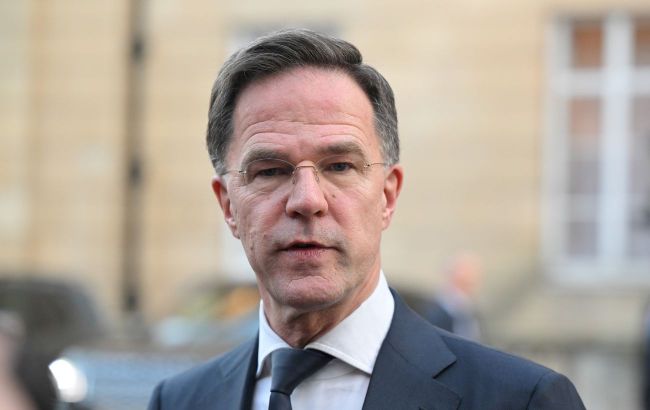Will NATO discuss Ukraine aid at The Hague summit? Rutte responds
 NATO Secretary General Mark Rutte (Getty Images)
NATO Secretary General Mark Rutte (Getty Images)
During the NATO summit in The Hague, member states will discuss military assistance to Ukraine. They aim to ensure that Kyiv is in the strongest possible position to continue its fight against Russia and that any peace agreement following the end of hostilities will be lasting. NATO Secretary General Mark Rutte said this during a joint press conference with Czech President Petr Pavel.
According to him, NATO members will discuss lasting peace in Ukraine and continued support while hostilities persist.
"As for Ukraine, it will be a topic of discussion at the summit in The Hague. We must ensure that Ukraine, while the fight continues, receives all possible collective support to be in the best possible position to continue," Rutte said. He added that when the time comes for peace, whether through a ceasefire or a formal agreement, it must be "durable and sustainable."
The NATO Secretary General emphasized the need to "make sure we never return to what we saw with the Minsk agreements."
"This will really show that NATO, composed of 32 countries with a combined economy of $50 trillion and defense spending at a high level, is truly capable of defending itself against any adversary," Rutte added.
NATO summit in The Hague
The next NATO summit will take place in The Hague, Netherlands, on June 24–25, 2025.
Earlier, media reported that the United States was allegedly opposed to inviting Ukrainian President Volodymyr Zelenskyy to the summit.
As of now, the Indo-Pacific Four — Japan, South Korea, Australia, and New Zealand — have received invitations. Ukraine is not currently on the list.
At the same time, Dutch Foreign Minister Caspar Veldkamp emphasized that the decision on inviting Zelenskyy will be made not by the US, but by NATO Secretary General Mark Rutte.
However, on Tuesday, US Secretary of State Marco Rubio stated that the United States has not opposed inviting Zelenskyy to the June NATO summit in The Hague.
Media have also reported that the upcoming summit may be relatively brief, and the final communiqué could be "ultra short." Within NATO, there is reportedly an effort to avoid triggering impatience from US President Donald Trump.

